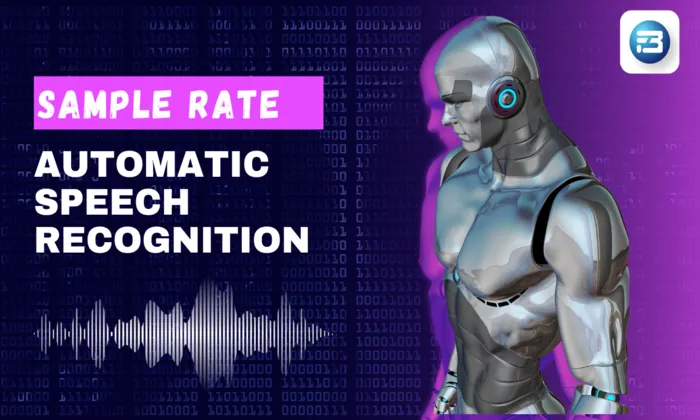What regulatory frameworks govern voice cloning in different countries?
Voice Cloning
Legal Compliance
Speech AI
Voice cloning technology, which uses AI to replicate human speech, is rapidly advancing and bringing with it important ethical and legal challenges. As AI-first companies delve into this space, understanding the regulatory landscape is crucial for ensuring compliance and fostering trust with users.
The Potential of Voice Cloning Technology
Voice cloning can revolutionize sectors such as entertainment, accessibility, and customer service by offering personalized and realistic digital voices. However, the technology can also lead to identity theft and misinformation, making it essential to operate within legal and ethical boundaries. Various countries have begun to establish frameworks to manage these risks, focusing on privacy, consent, and intellectual property rights.
The Role of Consent in Voice Cloning Regulations
Consent is a critical component of voice cloning regulations worldwide. Countries with strong data protection laws, like those in the European Union under the General Data Protection Regulation (GDPR), require explicit consent before voice data is collected and processed. In the U.S., although federal laws are less comprehensive, states like California have enacted privacy laws such as the Consumer Privacy Act (CCPA), emphasizing consumer rights in data usage.
Intellectual Property and Voice Cloning
A person's voice is an extension of their identity and can be protected under intellectual property laws. In the U.S., the "right of publicity" can safeguard against unauthorized commercial use of a person's likeness, including their voice. However, protections vary globally, with some regions offering limited IP rights, which can complicate international projects.
Protecting Against Misuse: Fraud and Misinformation
With the potential for voice cloning to be misused in fraud or misinformation, countries are introducing regulations to prevent such scenarios. The UK's Online Safety Bill, for example, targets the use of synthetic media for deception, aiming to protect the public from misleading content.
Navigating Compliance Challenges
AI companies must navigate these regulations carefully. For instance, a company operating in the EU must ensure GDPR compliance, such as obtaining clear consent, to avoid hefty fines and legal repercussions. Non-compliance not only risks financial penalties but can also damage reputations and limit market opportunities.
The Case for Ethical Compliance in AI
An illustrative case is a tech firm that faced scrutiny due to inadequate consent mechanisms, highlighting the importance of robust compliance strategies. FutureBeeAI, for instance, emphasizes informed consent and GDPR-aligned workflows, ensuring ethical data collection and usage.
Adapting to Evolving Regulations
As regulations evolve, AI-first companies must stay informed and adapt to legal changes. Engaging with policymakers and adopting ethical AI practices are key to fostering trust and innovation. FutureBeeAI stands ready to support companies with its expertise in compliant and ethical data handling, ensuring that your voice cloning projects meet regulatory standards and thrive in a global market.
Key Recommendations for AI Companies
Companies should understand regional regulations, secure explicit consent, consult legal experts on data protection and IP laws, and train teams on ethical AI practices. Partnering with experienced data providers like FutureBeeAI can also aid in navigating these complexities. For those interested in exploring diverse speech data solutions, FutureBeeAI offers a comprehensive speech data collection service to cater to various AI training needs. Additionally, their speech annotation services ensure that all audio data is meticulously labeled for optimal AI model performance.
What Else Do People Ask?
Related AI Articles
Browse Matching Datasets
Acquiring high-quality AI datasets has never been easier!!!
Get in touch with our AI data expert now!








